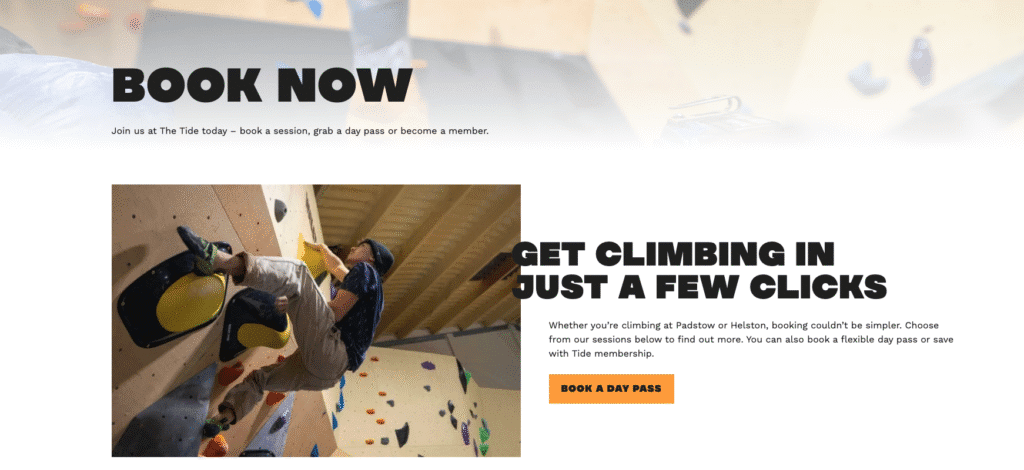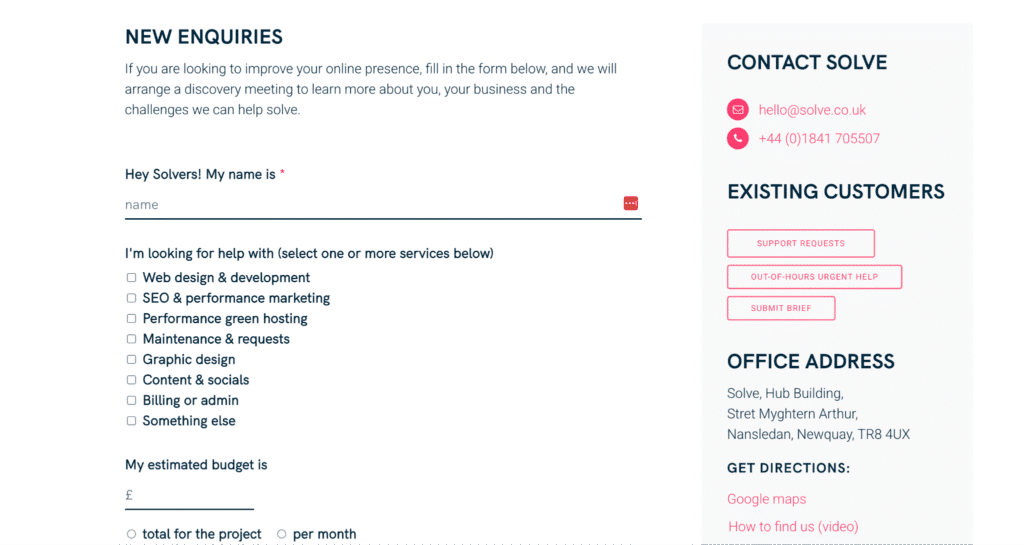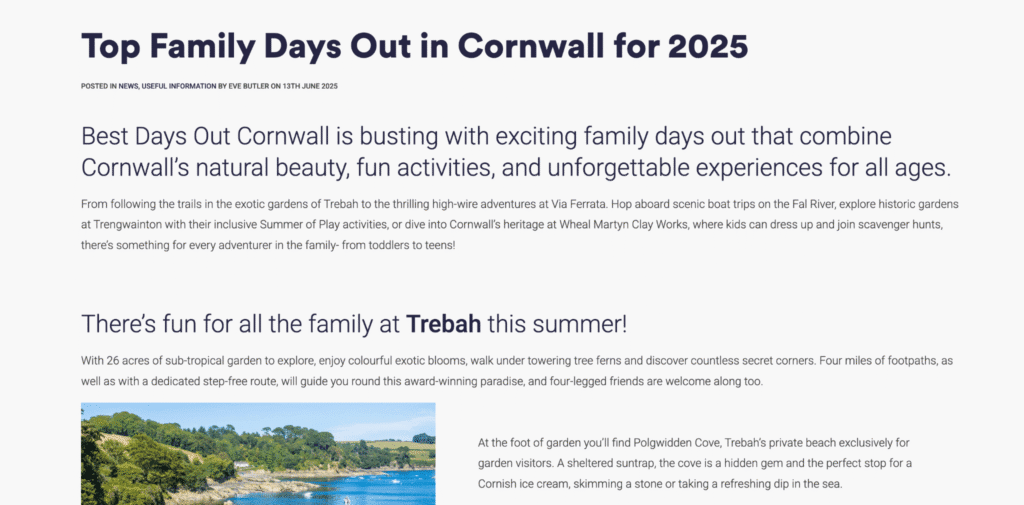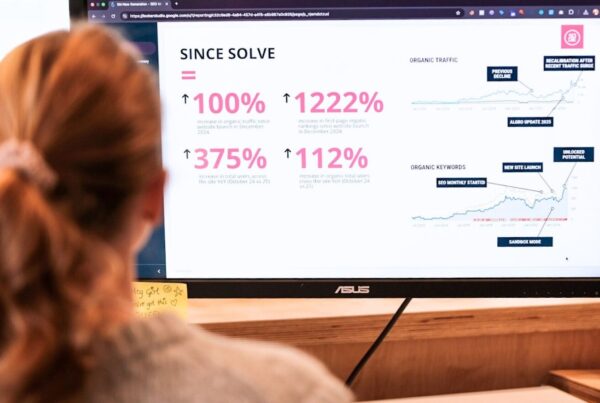
Table of Contents
Content that ranks first on search engine results pages usually doesn’t get there by accident. It’s the result of thorough keyword research, a well-planned content strategy, and carefully chosen keyword targets. While SEO encompasses many strategic elements, this blog will focus specifically on keywords. We’ll dive into the essential question: what are SEO keywords, and how do you find the right ones to boost your rankings?
What Are SEO Keywords?
SEO keywords are the words and phrases people type into search engines to find content online. They’re also your ticket to being found. The better your targets, the more likely your content will reach the right audience.
Think of keywords as signals for search engines. They tell Google what your page is about, who it’s for, and why it matters. When your content matches the right keywords, it’s more likely to appear in search results for relevant queries.
There are two main types of keywords: short-tail and long-tail.
Short-tail keywords are broad, high-traffic terms like “content planning.” They reach lots of people but come with heavy competition.
Long-tail keywords are more specific, like “seasonal content planning.” They will likely have lower search volume but attract visitors who are ready to engage, making them easier to rank for.
By using the right mix of both, you can drive traffic and reach the people who are searching for your content.
Understanding Keyword Research
Keyword research is the process of uncovering the words and phrases your audience is actually searching for. The goal is to find keywords with strong search volume, low competition, and the right intent.
We’ll dive deeper into the specifics later in the blog, but for now, the key takeaway is this: keyword research is a foundational step. It helps you discover the right keywords to use in your content, attracting and engaging your target audience.
Who Benefits from Keyword Research?

Anyone who wants to improve their online visibility can benefit from detailed keyword research to better understand their audience’s behaviour and draw in relevant traffic.
This could include businesses that aren’t getting many leads, marketers who want to improve their clients’ data curve, and content creators wanting to create high-performing blogs.
Key Goals of Keyword Research
When conducting SEO keyword research, your main objectives are to identify what your audience is searching for, understand the intent behind those queries (what are they trying to accomplish?), and prioritise the keywords that best align with your brand and business goals, whether that’s driving more sales, generating leads, or increasing visibility.
How to Do Keyword Research
Follow these steps to conduct effective keyword research:
- Create a Seed Keyword List
Start with broad terms related to your niche, products, or services. These initial ideas form the foundation for deeper research. - Use Keyword Research Tools
Tools like Semrush, Google Keyword Planner, Ahrefs, or Ubersuggest help you discover new keyword opportunities, analyse metrics, and spot trends. - Analyse Search Volume and Competition
Look for SEO keywords that balance high enough search volume with manageable competition or keyword difficulty. This helps you prioritise terms that offer realistic ranking potential. - Evaluate Search Intent
Determine why users search for a keyword. Are they looking for information, comparing options, or ready to buy? Align your content with the correct intent to rank more effectively. - Identify Related and Long-Tail Keywords
Explore variations, questions, and longer phrases. Long-tail keywords often have lower competition and convert better because they reflect specific user needs.
Keyword Clustering and Topic Clusters SEO
If individual keywords are the building blocks of your SEO strategy, keyword clusters are the framework that give it structure. By grouping related keywords based on shared intent or topic, you can create content that ranks for multiple search terms, not just a single keyword.
What is Keyword Clustering?
It’s all about organising keywords by topic and search intent. For example, if your main keyword is “digital marketing,” related keywords might include “online advertising tips,” “social media marketing,” and “content strategy.” By covering them together in a cohesive piece, Google sees your page as a comprehensive resource and rewards you for it by moving it up the rankings on search engine results pages.
Benefits of Topic Clusters
Grouped topics help search engines understand your website structure, making your content easier to find and rank. They also keep visitors wanting to explore your site because every helpful, related piece of content is right there waiting for them. In short, topic clusters give both your users and Google a smooth, well-lit path through your content.
Examples of SEO Keyword Clusters
Let’s take “keyword research” as the main topic. You could build clusters around:
- Best keyword research tools
- Free keyword research guide
- Keyword research for beginners
- “How to find long-tail keywords
Each of these can become its own dedicated blog post that links back to your main keyword research hub page. This internal linking strengthens your site structure and helps build authority for the core page.
Search Intent: Why It Matters
Let’s dive deeper into search intent. It’s the reason behind every Google query, the “why” that explains what a user is really trying to achieve.
When you choose a target keyword, understanding this intent is essential. It helps you create content that aligns with what searchers truly want, increasing your chances of ranking well and meeting user expectations.
Types of Search Intent
Informational: People want to learn (e.g., “what are SEO keywords”).
Navigational: People are looking for a specific page (e.g., “YouTube login”).
Transactional: People are ready to act or buy (e.g., “Car for sale”).
Commercial: People are researching before buying, comparing options, or looking for reviews (e.g., “best SEO tools 2025”).
Matching Content to Search Intent
Your content should match what the user is trying to achieve.
Informational intent? Create helpful guides and tutorials.

Transactional intent? Make product pages, pricing pages, checkout-ready landing pages, and offer-focused content designed for immediate conversion.

Navigational intent? Think branded landing pages, clear site architecture, and pages optimised for “go-to” queries like ‘login’, ‘contact’, ‘pricing’, or a company name.

Commercial intent? Develop in-depth comparison guides, “best of” lists, buyer’s guides, and detailed product overviews that help users evaluate options before they purchase.

When your content aligns with the user’s purpose, engagement goes up, conversions improve, and your rankings benefit.
Using Long-Tail Keywords for Targeted Traffic
Long-tail keywords are the unsung heroes of SEO. They may get fewer searches, but they convert better because they show strong search intent.
What Are Long-Tail Keywords?
Long-tail keywords are more specific phrases, often three or more words, like “ethical web hosting”. People who search these terms aren’t browsing; they’re on a mission. They know exactly what they’re looking for, and if your content answers that precise need, you’re far more likely to earn their click and their conversion.
How to Identify Effective Long-Tail Keywords
Use keyword tools to find longer phrases your audience uses, then check their competition level and search intent. If the term has good volume and aligns with your content goal, you’re onto a winner.
On-Page SEO Keywords: Placement and Integration Strategies
Best Practices for Keyword Placement
Include primary keywords in key SEO spots:
- Page title and meta description
- H1 and H2 headings
- First 100 words of your content
- URL where possible
- Image alt text
Keep your writing natural and helpful – your rankings (and your audience) will thank you.
Understanding Keyword Density
Try to avoid keyword stuffing. Both readers and search engines can spot clunky, overloaded sentences a mile away. Focus more on readability and relevance than on rigid keyword counts.
Using Semantic and Related Keywords
Use related terms and synonyms that reinforce your topic. For example, if your main keyword is “SEO keywords,” you could weave in “search terms,” “optimising content,” and “keyword strategy” to broaden your reach.
Localising Keywords for UK Audiences
Use regional spellings and phrases your audience recognises (think “optimisation” instead of “optimization”). Adding location-based terms like “near me” or city names also helps capture local SEO traffic.
Best and Free Keyword Research Tools
Top Paid Keyword Research Tools
Semrush: Great for competitive analysis and keyword trends.
Ahrefs: Excellent backlink and keyword insights.
Moz: Ideal for understanding keyword difficulty and SERP analysis.
Effective Free Tools
Google Keyword Planner: A classic for identifying search volume.
Ubersuggest: Accessible data for beginners.
AnswerThePublic: Perfect for discovering question-based keywords.
How to Choose the Right Tool for Your Needs
If you’re starting out, begin with free tools. Once you’re more confident or targeting competitive markets, you can choose to invest in paid tools or an SEO agency who have access to these tools already.

Tracking and Refining Your Keyword Strategy
Why Track Keyword Performance?
Tracking helps you see what’s working and what’s not. Watch your rankings, traffic, and engagement metrics to refine your next move.
How to Update Your Keyword Strategy
Review your keyword list every few months. Drop terms that have plateaued, refresh content around declining pages, and add new keywords based on trending searches.
Tools for Monitoring and Reporting
Google Search Console, Ahrefs, and Semrush all provide performance dashboards that make keyword tracking a breeze.
Bringing It All Together: Your SEO Keyword Action Plan
Ready to make keywords work harder for your business? Solve can help turn your research into results. From uncovering the perfect keyword opportunities to creating targeted, high-performing content, we take the guesswork (and stress) out of SEO.
Start building your keyword strategy today.
FAQs
What are SEO keywords?
Words or phrases people type into search engines to find information, products, or services.
How do I research keywords for my business?
Use tools like Google Keyword Planner or Semrush to find terms your target audience searches for most.
Where should I place keywords on my website?
Include them in titles, headings, meta descriptions, and throughout your content naturally.
How often should I update my SEO keywords?
Review every three to six months to stay ahead of trends.
What tools should I use for keyword research?
Start with free tools like Google Keyword Planner, and upgrade to Ahrefs or Semrush as your needs grow. You can also use a web agency who have access to these tools for you.





